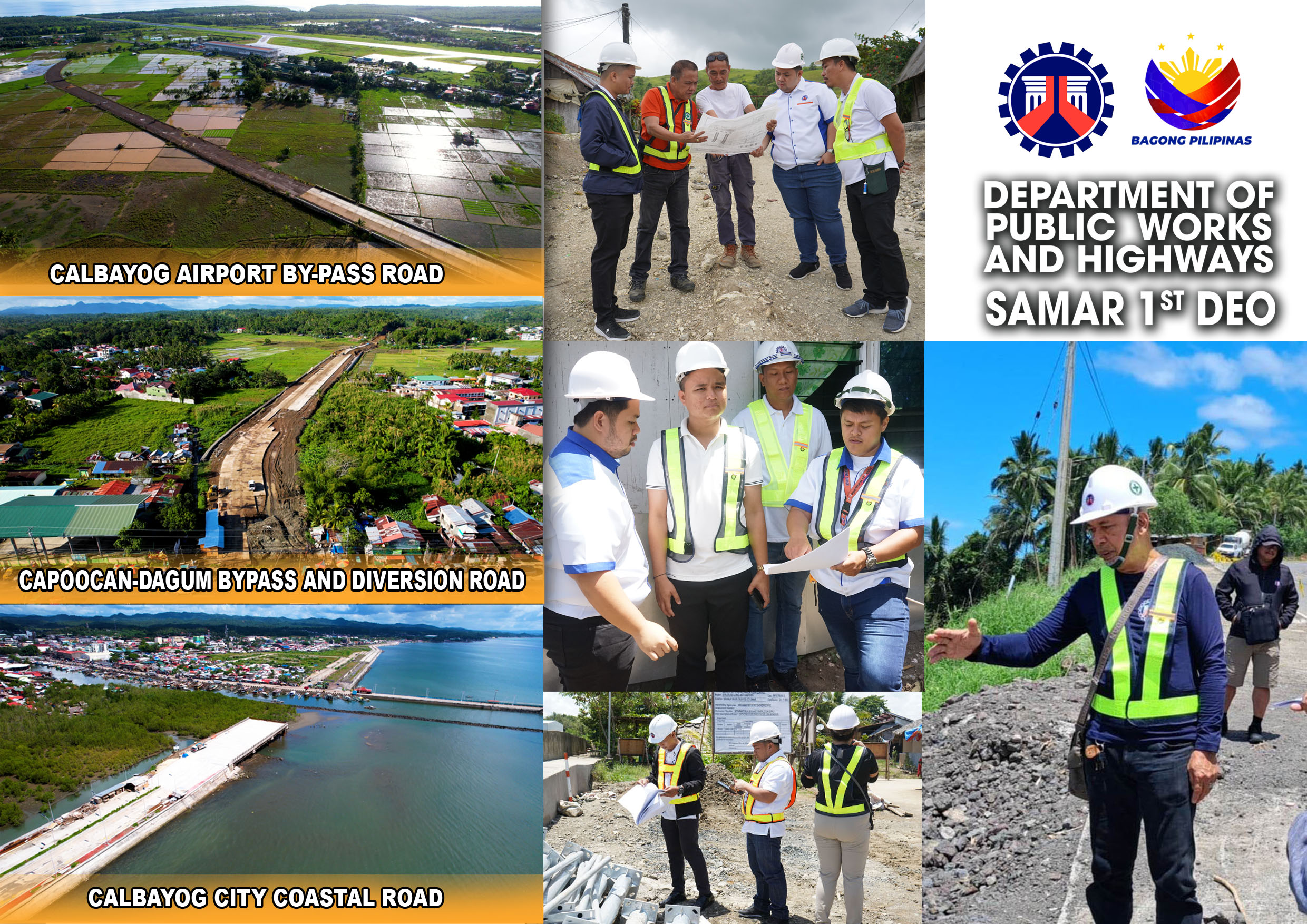By: ELMER RECUERDO

TACLOBAN CITY – The National Maritime Polytechnic is calling for a stronger collaboration between the government and maritime industry players to implement programs to address mental health wellbeing among Filipino seafarers.
The call came amid a recently released study that shows an alarming increase of mental disorders and suicide among Filipino seafarers mainly due to marital and family problems.
The NMP study entitled "Assessing the Mental Health and Well-being of Filipino Seafarers" was presented during the DMW-NMP Maritime Research Forum on June 20, 2024 at Hotel H2O, Manila.
Karen Pailago, lead researcher, said the study found a steady increase in the number of Filipino seafarers diagnosed with mental disorders – 23 in 2018, 25 in 2019, 34 in 2020, 43 in 2021, and 64 in 2022.
Of the 189 seafarers diagnosed with mental illness within the five-year period, anxiety disorders (46.03%) and depressive disorders (38.62%) were the most common, followed by schizophrenia (6.35%) and post-traumatic stress disorder (6.35%).
On the other hand, Pailago said suicide cases saw a concerning rise, from one case in 2018 to nine cases in 2022, marking seafaring as one of the professions with high suicide risks.
Pailago said the COVID-19 pandemic exacerbated mental health issues, with increased reports of stress, anxiety, and depression among seafarers. The isolation and extended contracts due to travel restrictions contributed significantly to their mental strain, she said.
The study also found variations in mental health issues based on the type of vessel, with Filipino seafarers diagnosed with mental disorders from 2018-2022 being deployed on board passenger vessels (33.33%), dry cargo vessels (24.34%), tanker vessels (24.34%), and bulk carrier vessels (11.64%).
Age group analysis revealed that seafarers aged 30-39 (42.86%) were most affected, followed by those aged 40-49 (25.93%) and aged 20-29 (20.63%).
Over half of the seafarers diagnosed with mental health disorders were found to have marital and family conflicts (54.17%), while work-related stress (39.58%), and adjustment issues to the work environment (20.84%) as the other major contributing factors.
The study highlights key recommendations to address rising mental health issues among Filipino seafarers. It suggests continuing further studies, including data collection in 2023 and beyond, and collaborating with maritime-related government agencies for more precise data.
The study calls for government-led mental health seminars tailored for seafarers and their families, and advocates mandatory mental health training for new hires in shipping companies and crewing agencies. It also recommends hiring dedicated Crew Welfare or Mental Health Liaison Officers onboard.
The study also emphasizes creating targeted programs to prevent anxiety and depression, aiming to foster a supportive environment for seafarers' well-being and sustainability in the maritime industry.
These recommendations underscore the urgent need for collaborative action across the maritime industry and government sectors to prioritize the mental well-being of Filipino seafarers.
"Implementing these measures is crucial to creating a supportive environment that not only safeguards the mental health of our seafarers but also enhances their resilience and maximizes their contributions to global maritime operations," the NMP said.
"Swift and decisive action is imperative to ensure a sustainable and healthy future for this essential workforce," it added.(CJ/jmm/ER)
The call came amid a recently released study that shows an alarming increase of mental disorders and suicide among Filipino seafarers mainly due to marital and family problems.
The NMP study entitled "Assessing the Mental Health and Well-being of Filipino Seafarers" was presented during the DMW-NMP Maritime Research Forum on June 20, 2024 at Hotel H2O, Manila.
Karen Pailago, lead researcher, said the study found a steady increase in the number of Filipino seafarers diagnosed with mental disorders – 23 in 2018, 25 in 2019, 34 in 2020, 43 in 2021, and 64 in 2022.
Of the 189 seafarers diagnosed with mental illness within the five-year period, anxiety disorders (46.03%) and depressive disorders (38.62%) were the most common, followed by schizophrenia (6.35%) and post-traumatic stress disorder (6.35%).
On the other hand, Pailago said suicide cases saw a concerning rise, from one case in 2018 to nine cases in 2022, marking seafaring as one of the professions with high suicide risks.
Pailago said the COVID-19 pandemic exacerbated mental health issues, with increased reports of stress, anxiety, and depression among seafarers. The isolation and extended contracts due to travel restrictions contributed significantly to their mental strain, she said.
The study also found variations in mental health issues based on the type of vessel, with Filipino seafarers diagnosed with mental disorders from 2018-2022 being deployed on board passenger vessels (33.33%), dry cargo vessels (24.34%), tanker vessels (24.34%), and bulk carrier vessels (11.64%).
Age group analysis revealed that seafarers aged 30-39 (42.86%) were most affected, followed by those aged 40-49 (25.93%) and aged 20-29 (20.63%).
Over half of the seafarers diagnosed with mental health disorders were found to have marital and family conflicts (54.17%), while work-related stress (39.58%), and adjustment issues to the work environment (20.84%) as the other major contributing factors.
The study highlights key recommendations to address rising mental health issues among Filipino seafarers. It suggests continuing further studies, including data collection in 2023 and beyond, and collaborating with maritime-related government agencies for more precise data.
The study calls for government-led mental health seminars tailored for seafarers and their families, and advocates mandatory mental health training for new hires in shipping companies and crewing agencies. It also recommends hiring dedicated Crew Welfare or Mental Health Liaison Officers onboard.
The study also emphasizes creating targeted programs to prevent anxiety and depression, aiming to foster a supportive environment for seafarers' well-being and sustainability in the maritime industry.
These recommendations underscore the urgent need for collaborative action across the maritime industry and government sectors to prioritize the mental well-being of Filipino seafarers.
"Implementing these measures is crucial to creating a supportive environment that not only safeguards the mental health of our seafarers but also enhances their resilience and maximizes their contributions to global maritime operations," the NMP said.
"Swift and decisive action is imperative to ensure a sustainable and healthy future for this essential workforce," it added.(CJ/jmm/ER)



















